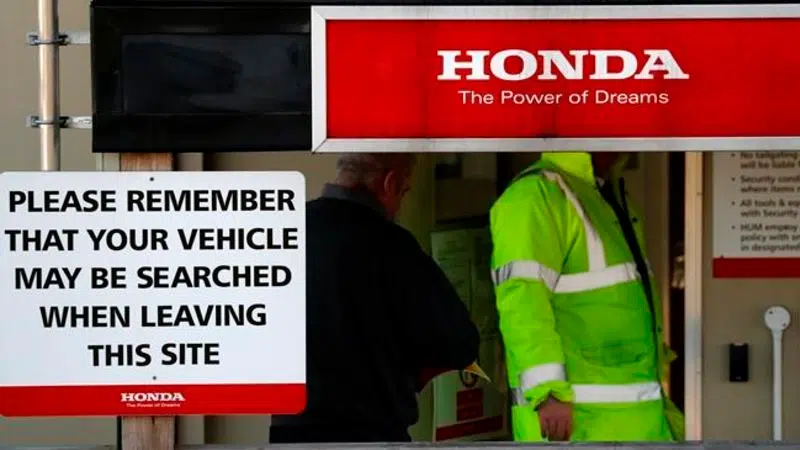
Honda to shut plant in Brexit-shaken Britain
LONDON — Japanese carmaker Honda plans to close its car factory in western England in 2021, a fresh blow to the British economy as it struggles with the uncertainty associated with leaving the European Union next month.
The company announced the decision, which will imperil 3,500 jobs and possibly many more, at a news conference in Tokyo.
Honda’s president and CEO, Takahiro Hachigo, said the decision was not related to Brexit, but was based on what made most sense for its global competitiveness in light of the need to accelerate its production of electric vehicles.


